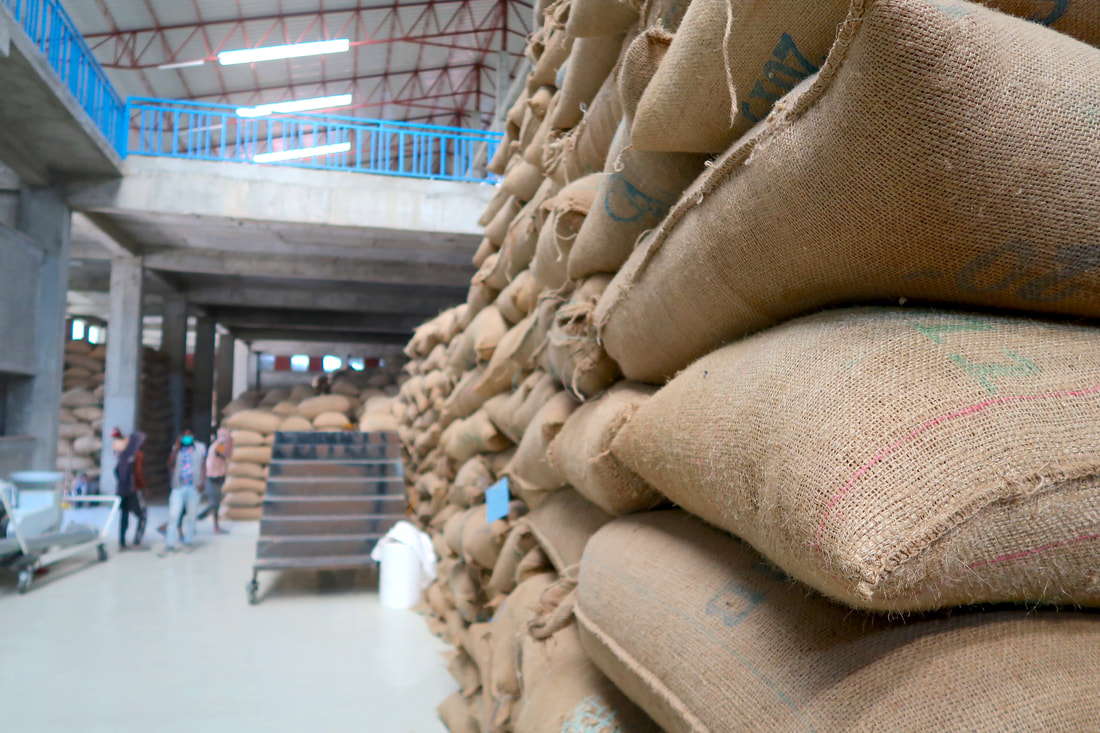The coffee commodities market, also known as the "C" Market, is where brokers at the New York Stock Exchange determine the future price of coffee contracts globally every day. By buying or selling these futures contracts, brokers place bets on the expected future value of a certain commodity. Therefore, projections about the future supply and demand of coffee will make possible multiple variations in its price in the present.
In our opinion, this increase is mainly due to two reasons. First, the general inflation of raw materials on a global scale, due to the logistical problems that have generated the shortage of containers in all the ports of the world. Second, the unexpected frosts that have affected much of the Brazilian coffee belt since last week. It is estimated that the frosts have affected 11% of the total area that this country dedicates to the cultivation of arabicas.
Does it mean that small farmers will be paid more for their coffee?
Probably not, since in general small coffee growers deliver cherries to the washing station and the price of these is regulated by the local government, or local supply and demand. They are not guided by the “C” price in New York or the frosts in Brazil.
Unless the cooperative has some bargaining power throughout the production process until export, it is very difficult for this increase to be reflected in the price that small coffee growers receive.
What Should Specialty Coffee Roasters Expect?
From a purely theoretical point of view, specialty coffee prices should rise as a measure of differentiation from the commodity. It is not possible for an 86-point coffee and a 78-point coffee to cost the same.
But in reality, specialty coffee importers do not negotiate their prices based on the “C” price, but based on the quality of a lot. If the “C” price remains at record levels for a sufficient period of time, specialty coffee prices should increase by 2022. Otherwise, if the level of "C" prices we see today were temporary, specialty coffee prices should not be affected in the short or medium term.
In conclusion, we see the prices of the commodity as a positive signal to help dictate a higher price base at a farm level than the one we currently have in the industry. Although, we know for certain that coffee prices do not go up because of the kindness or philanthropy of the brokers, it may stay help us to achieve sooner better prices for small scales coffee producers around the world.
Stay informed, stay caffeinated and enjoy your coffee!



 RSS Feed
RSS Feed